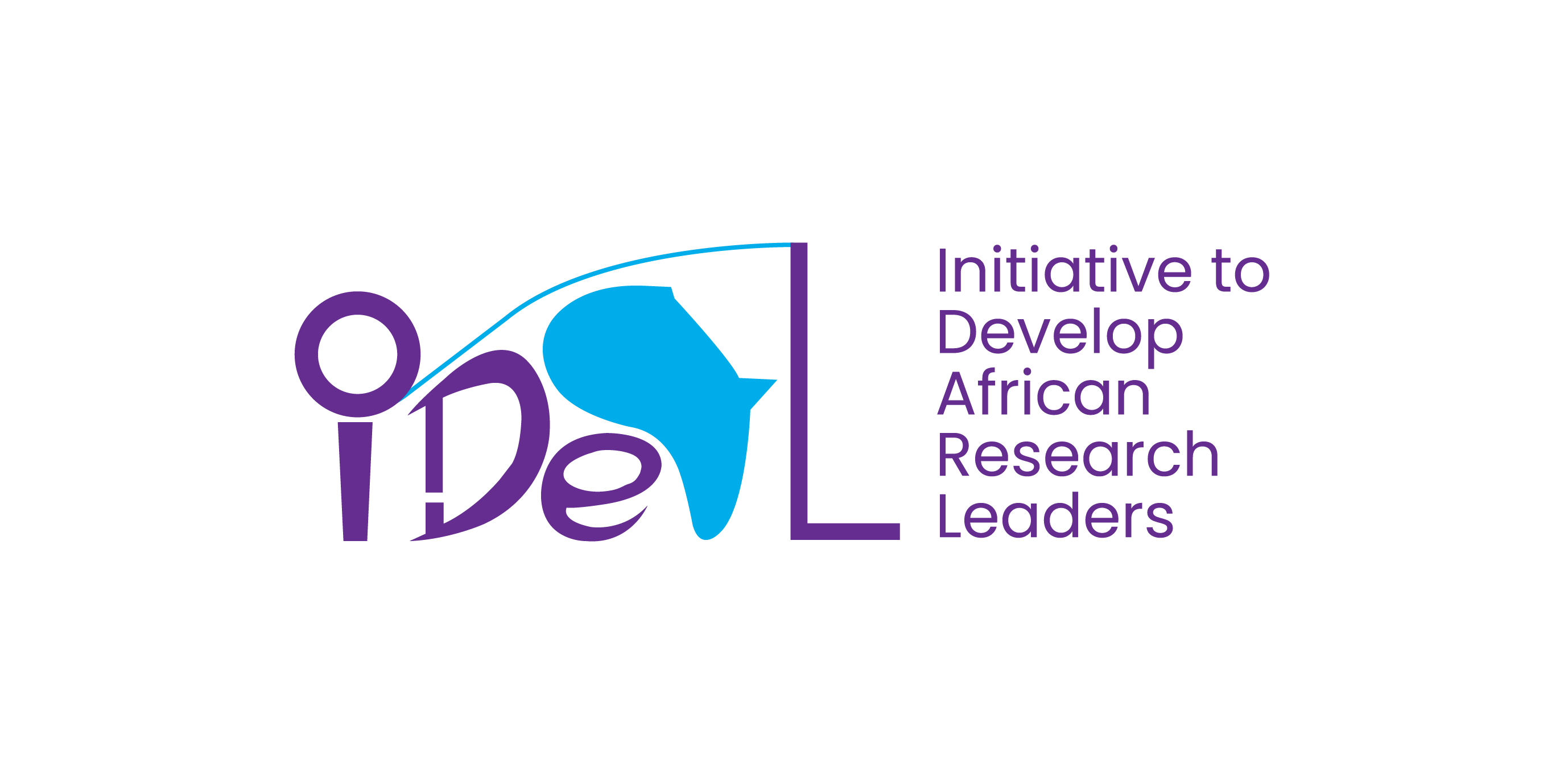
Henry Karanja
PhD Fellow, KEMRI-Wellcome Trust Research Programme
- Group:PHD Fellows
Henry Karanja
PhD Fellow, KEMRI-Wellcome Trust Research Programme
Henry Karanja is a PhD student registered with The Open University, UK, and based at the KEMRI-Wellcome Trust Research Programme in Kilifi, Kenya. He also holds an honorary PhD fellow position at the MRC/UVRI and LSHTM Uganda Research Unit. His project is jointly funded by the Initiative to Develop African Research Leaders (IDeAL) and VAnguard (NIHR Global Health Research Group on Vaccines for Vulnerable People in Africa).
Over the years, through his research experience in infectious diseases—including schistosomiasis, malaria, and arboviruses such as yellow fever, Rift Valley fever, dengue, and chikungunya—he has developed a strong interest in understanding the variation in immune responses to vaccines and pathogens across different populations. This interest has led him to explore biological factors that may influence immune responses, with the ultimate aim of optimizing current interventions and contributing to the development of more effective strategies against both common and emerging infectious diseases.
His PhD research focuses on investigating the influence of nutrition, baseline immune status, and infections on vaccine-specific immune responses in African populations.
Henry holds a Master of Science in Infectious Diseases from the London School of Hygiene and Tropical Medicine (LSHTM), funded by the African London Nagasaki (ALN) Scholarship. His MSc thesis described the serological and adhesion phenotype of Plasmodium falciparum selected for binding to human brain endothelial cells.
He also holds a bachelor’s degree in biomedical science and technology from Egerton University, where his undergraduate thesis explored the role of transforming growth factor-beta (TGF-β) in schistosomiasis resistance using samples collected from a population in western Kenya.

